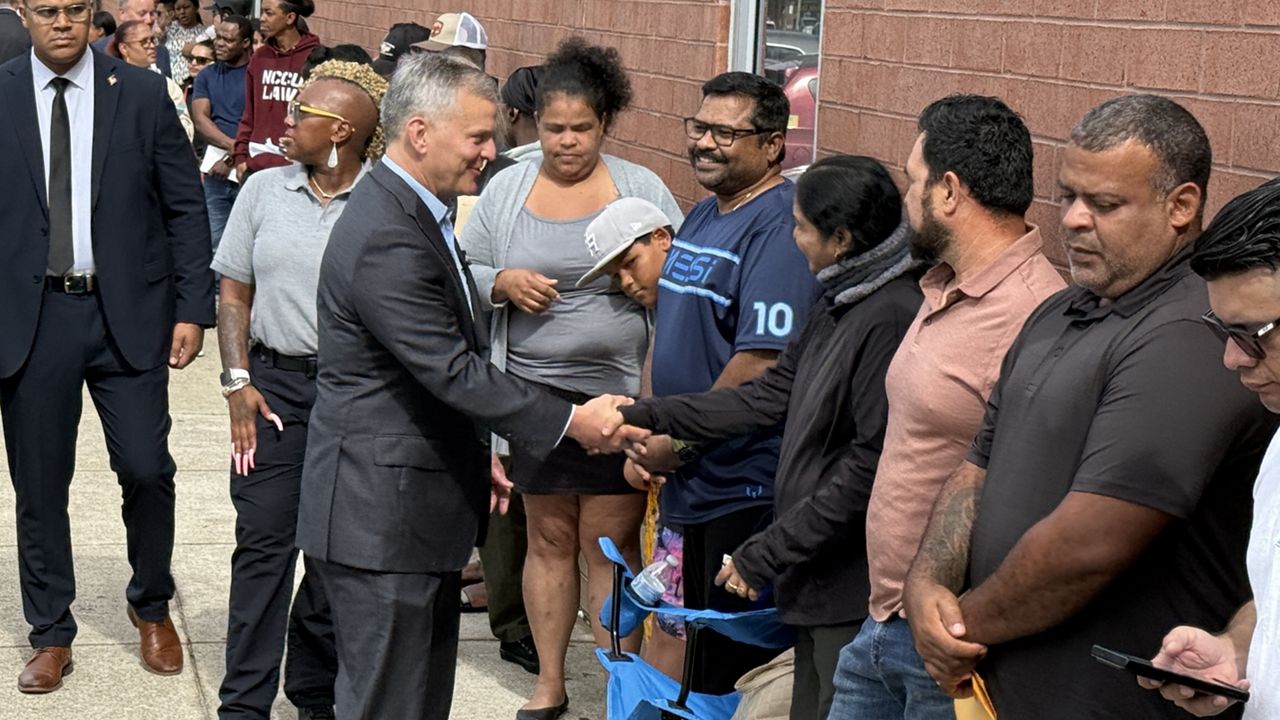OXFORD, N.C. — As the lead pastor of Oxford Baptist Church, Brett Pardue is a visible part of the church. The majority of his job, however, he says is away from the crowd.
He says on top of his job as the administrator of the church, his work also entails “a lot of visiting, meeting with people in their homes, helping them process grief, or trauma that may be going on in their lives.”
In the nearly two years he’s been with the church, mental health has been far from a forgotten subject.
“We have had a number of congregants who've struggled with mental health in some capacity," Pardue said. “Unfortunately, we even recently endured the loss of one of our congregants to mental health crisis, and so we're passionate about caring for the people entrusted to Oxford Baptist Church.”
Pardue and other pastors throughout Granville and Vance County could have another tool in their toolbelt if the “Faith in Mental Health” bill passes through the legislature.
State Rep. Frank Sossamon, a former pastor, is spearheading the effort to create a pilot program, looking at how religious institutions can help fill a gap.
Under the proposal, N.C. DHHS would create three levels of training that church staff and members could get to help them, so they could act as a resource in their communities.
Sossamon says the first level, the lowest, would consist of an orientation, where participants would be acquainted with all of the mental health resources in their area and receive a master list.
The religious institution would also highlight a mental health issue once a month, through a sermon or other announcement.
Sossamon says the goal is to not only close the knowledge gap but also destigmatize mental health issues.
“So if a member needs mental health services or someone in the community needs mental health services, they can meet with that individual and go over the list and determine ‘It's obvious if Bill's depressed. Bill, this is the best agency that provides services for depression,’” Sossamon said.
The proposal still has to make it through both chambers of the legislature.
Pardue is hopeful, though, about the impact this could have on his congregation and others.
“I think if you just walk down the street of Oxford, the need for this kind of resource is evident,” Pardue said. “The church can't simply hide in the sanctuary on Sunday mornings. We have to demonstrate the ongoing, seeking love of Christ in our community, with our neighbors. And so our hope in accepting some of the burden, but we consider it a sacred burden of partnering with a coalition like this is that we might better serve the our brothers and sisters in Christ, in this community.”









